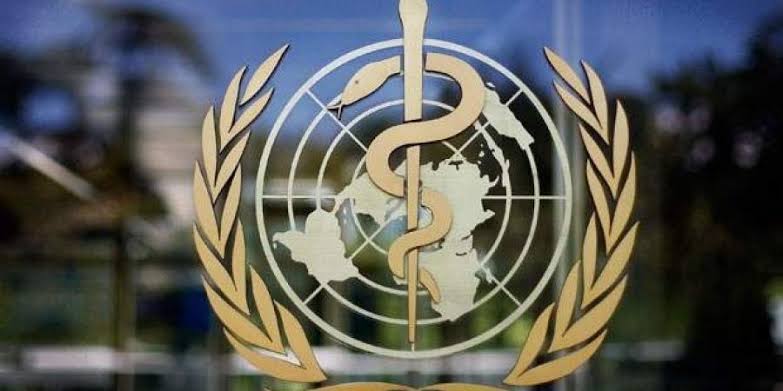By Asmau Ahmad
The World Health Organisation (WHO) has promised to end the scourge of 20 Neglected Tropical Diseases (NTDs) found in several countries in Africa, Asia, and Latin America.
WHO Director-General Dr Tedros Ghebreyesus, in a statement issued from WHO headquarters in Geneva, said the agency had issued a new 10-year plan to end suffering from NTDs.
He said that the road map for NTDs proposed ambitious targets and innovative approaches to tackle the 20 diseases.
The director general said that the road map would provide approaches to tackle the diseases, which affect more than a billion poor people, and which thrive in areas where access to quality health services, clean water and sanitation is scarce.
Dr Ghebreyesus, however, said that a new approach was needed if diseases such as guinea worm and yaws were to be tackled.
“This means injecting new energy into our efforts and working together in new ways to get prevention and treatment for all these diseases, to everyone who needs it.”
According to the statement, the road map is designed to address critical gaps across multiple diseases by integrating and mainstreaming approaches and actions within national health systems, and across sectors.
The statement also quoted Dr Mwelecele Malecela, Director, WHO Department of Control of Neglected Tropical Diseases, as saying, “at its core, this road map aims to put people first.
“It involves working across sectors in delivering programmes for all the 20 NTDs and promotes equity and country ownership. To do so, programmes have to be sustainable with measurable outcomes, backed by adequate domestic financing.”
In addition, it stated that the WHO plan was developed in consultation with a wide selection of countries, partners, stakeholders, scientists and academics. It contains several ambitious targets, including the elimination of a minimum of one NTD in at least 100 countries, completely eradicating guinea worm and yaws, and vastly improving access to basic water supply and sanitation.
“The progress made in fighting NTDs over the last 10 years is an encouraging indicator of what can be achieved in the coming decade. Around 600 million fewer people are now at risk of these diseases; 42 countries have eliminated at least one NTD; and global programmes treated at least one billion people in the five year period between 2015 and 2020.
Significant threats still need to be overcome, however, including climate change, the threat of new diseases crossing over from animals to humans, conflict, and continued inequalities in access to healthcare services, adequate housing, safe water and sanitation.




